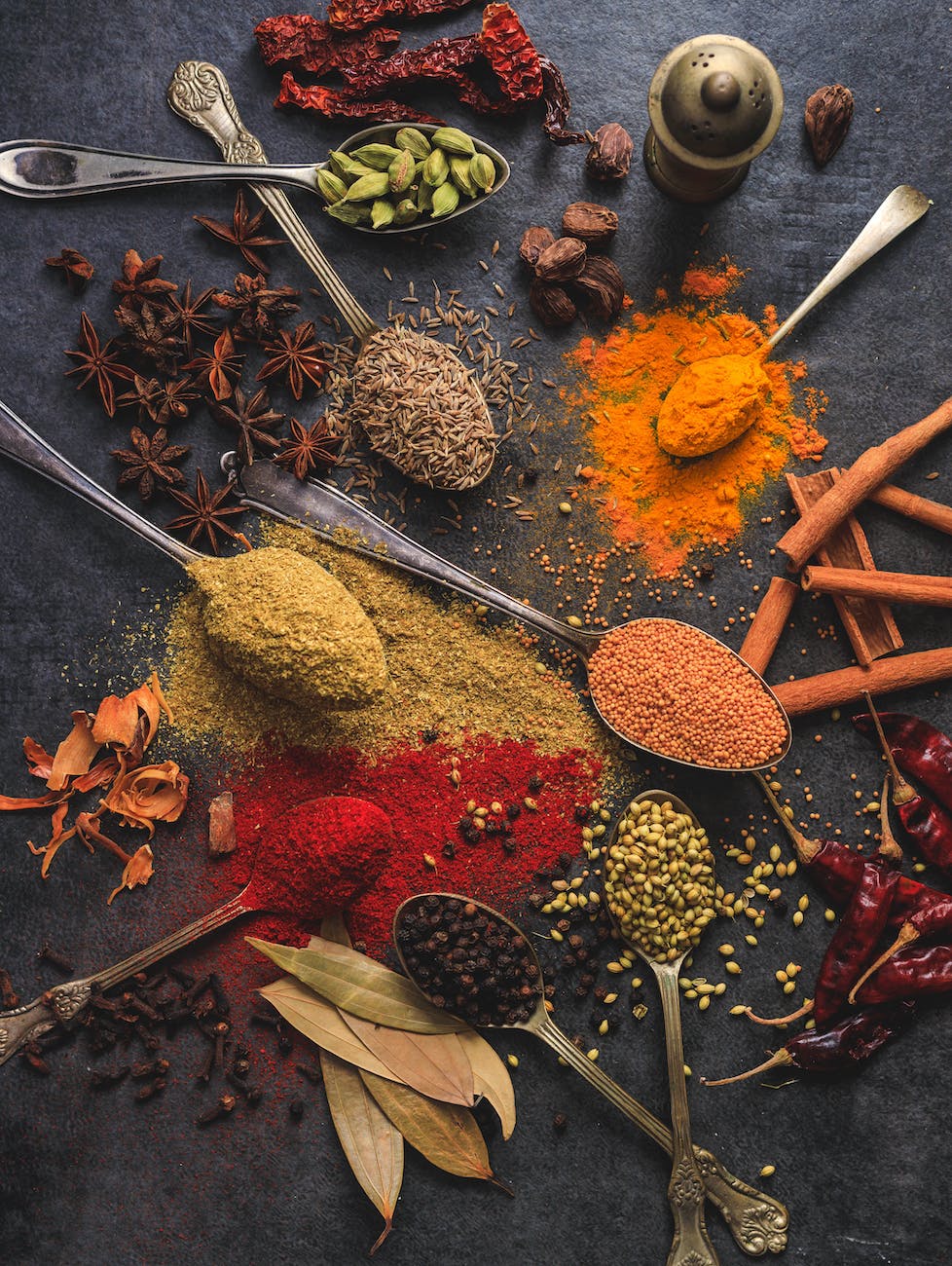
The debate surrounding aspartame and its potential link to cancer has been ongoing for decades. With numerous studies, reports, and opinions on the subject, it can be challenging to discern fact from fiction. This article aims to shed light on the controversy by examining the most recent research and expert opinions on aspartame and its potential carcinogenic effects.
1. What is Aspartame?
Aspartame is a low-calorie artificial sweetener commonly used in diet sodas, sugar-free gum, and various other food products. Its popularity stems from its ability to sweeten foods without adding calories. However, since its introduction in the 1980s, aspartame has been a subject of scrutiny due to potential health concerns.
2. The Cancer Controversy
a. Initial Studies and Concerns
The initial concerns about aspartame’s link to cancer arose from animal studies where rats were fed high doses of aspartame and developed brain tumors. However, the methodology and results of these studies have been widely debated.
b. Aspartame and Leukemia
Some studies have suggested a potential link between aspartame consumption and an increased risk of leukemia. However, the evidence remains inconclusive, with other studies finding no such association.
c. Brain Tumors and Aspartame
The potential link between aspartame and brain tumors has been a significant point of contention. While some studies have indicated a possible connection, others have found no evidence to support this claim.
d. Other Cancers
Research has also explored aspartame’s potential link to other cancers, including breast, bladder, colon, and pancreatic cancer. The results have been mixed, with some studies suggesting a potential risk and others finding no correlation.
3. Expert Opinions and Reports
a. World Health Organization (WHO) on Aspartame
The WHO has reviewed the available evidence on aspartame and has not classified it as a carcinogen. They maintain that aspartame is safe for consumption within the recommended daily intake limits.
b. International Agency for Research on Cancer (IARC) Classification
The IARC, a part of the WHO, has not classified aspartame as a carcinogen. Their stance is based on the current available evidence, which they deem insufficient to link aspartame to cancer conclusively.
c. Joint FAO/WHO Expert Committee on Food Additives (JECFA)
JECFA has reviewed aspartame multiple times and has concluded that it is safe for consumption. They have not found compelling evidence to suggest that aspartame poses a cancer risk.
d. American Cancer Society’s View
The American Cancer Society states that most studies on humans have found no link between aspartame consumption and an increased risk of cancer. They also note that regulatory agencies worldwide consider aspartame safe for consumption.
4. The Verdict: Is Aspartame Safe?
Given the current scientific consensus and the opinions of major health organizations, aspartame is considered safe for consumption within the recommended limits. While some studies have raised concerns, the majority of research, when reviewed collectively, does not support the claim that aspartame is a carcinogen.
However, as with all substances, it’s essential to consume aspartame in moderation and be aware of the recommended daily intake limits.
Frequently Asked Questions (FAQs) about Aspartame and Cancer
1. What is the connection between aspartame and cancer?
Aspartame, a popular artificial sweetener, has been the subject of numerous studies investigating its potential link to cancer. While some early animal studies indicated a possible connection, subsequent research, especially in humans, has provided mixed results.
2. Has the World Health Organization (WHO) made any statements about aspartame’s carcinogenicity?
The WHO, through its International Agency for Research on Cancer (IARC), has not classified aspartame as a carcinogen. Their stance is based on the current body of evidence available.
3. Are there specific types of cancer linked to aspartame?
Initial concerns arose from studies suggesting a potential link between aspartame and brain tumors. However, other research has explored connections with leukemia, lymphoma, and breast cancer, though results remain inconclusive.
4. What’s the stance of the American Cancer Society on aspartame?
The American Cancer Society has indicated that most human studies have not found a connection between aspartame consumption and an increased risk of cancer.
5. How does aspartame consumption relate to brain health?
Some early studies raised concerns about aspartame’s potential link to brain tumors. However, the majority of subsequent research has not supported these initial findings.
6. Are diet sodas safe to drink, given they often contain aspartame?
Many diet sodas contain aspartame as a sweetener. While occasional consumption is generally considered safe, it’s essential to be aware of your overall intake. For a detailed exploration, refer to our article on Sodas and Aspartame.
7. Are there any recent studies (2021-2022) on aspartame and cancer?
Yes, research on aspartame and its potential health effects is ongoing. It’s crucial to consult recent scientific journals and reputable health organizations for the latest findings.
8. What are some popular drinks that contain aspartame?
Diet Pepsi, Diet Coke, and Sprite Zero are among the popular sodas that have versions containing aspartame. Always check the ingredient list to confirm.
9. Are there natural alternatives to aspartame in beverages?
Certainly! Natural sweeteners like stevia and monk fruit are often used as alternatives in beverages. Each has its unique taste profile.
10. How does aspartame compare to other artificial sweeteners like acesulfame K in terms of health concerns?
Both aspartame and acesulfame K have been studied for potential health effects. While aspartame’s link to cancer has been a focal point, acesulfame K has been researched for its potential metabolic and neurological effects.
11. Is aspartame consumption safe during pregnancy?
While aspartame is generally considered safe for the general population, pregnant individuals should consult with their healthcare provider regarding any dietary concerns.
12. How does the JECFA view aspartame’s safety?
The Joint FAO/WHO Expert Committee on Food Additives (JECFA) has evaluated aspartame multiple times and deemed it safe for consumption within established limits.
13. Are there sodas that have removed aspartame due to health concerns?
Yes, some brands, like Diet Pepsi, have introduced aspartame-free versions in response to consumer demand and concerns.
14. What are the primary sources of aspartame in our diet?
Diet sodas, sugar-free gums, and certain sugar-free desserts are among the primary sources of aspartame in many people’s diets.
15. How does aspartame’s potential link to leukemia differ from its link to other cancers?
The potential link between aspartame and leukemia has been explored in some animal studies. However, the evidence remains less conclusive than that for other cancers, such as brain tumors.
16. Are there any aspartame-free diet colas available in the market?
Yes, there are aspartame-free diet colas available. Brands often highlight the absence of aspartame on their labels, so it’s worth checking the ingredient list.
17. What is the general public’s perception of aspartame and its health effects?
Public perception varies, with some individuals avoiding aspartame due to health concerns, while others consider it a safe alternative to sugar.
18. How does aspartame consumption impact individuals with phenylketonuria (PKU)?
Individuals with PKU are advised to avoid aspartame, as it’s broken down in the body to phenylalanine, which can be harmful to them.
19. Are there any other health concerns associated with aspartame besides cancer?
Yes, aspartame has been studied for potential links to migraines, dizziness, and allergic reactions, though the majority of research indicates it’s safe when consumed within recommended limits.
20. Where can I find more detailed information on aspartame and its potential health effects?
For a comprehensive overview, you can refer to our detailed article on Aspartame and Cancer, which provides insights based on the latest research and expert opinions.
Blog Tags: Aspartame, Cancer, WHO, IARC, JECFA, Brain Tumors, Leukemia, Diet Soda, Artificial Sweeteners, Health Controversy.













